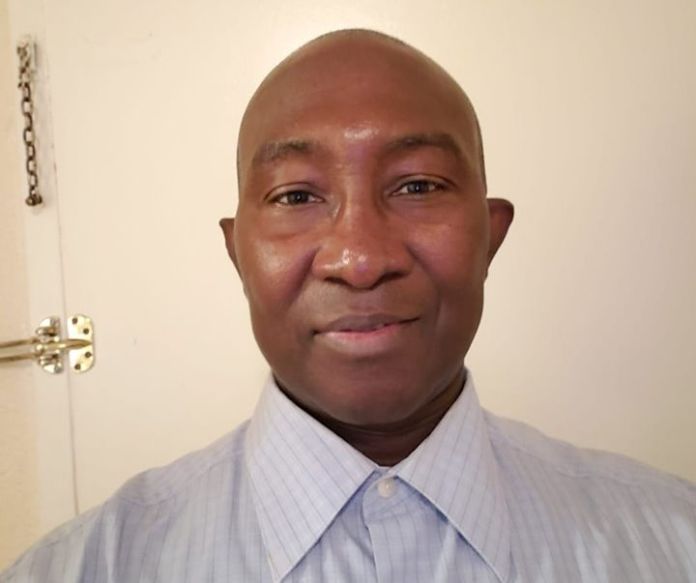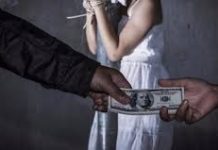By Momodou Jarju
Omar Joof, former President of the Gambia Students’ Union (GAMSU) has on Tuesday testified before the Truth Commission (TRRC) via Skye on the April 2000 students’ demonstration.
Born at Bakoteh on February 4, 1957, Joof said he was involved in students’ activities and he was eventually made the President of the Gambia College Main Union from 1993-1994.
Joof joined Gambia Radio in 1982-1984. He also worked at Commercial and Development Bank as a bank clerk. Thereafter, he started teaching at Bakoteh Primary School handling grade 6 in1986 and joined the Gambia College in 1992.
He later became the president of GAMSU in 2000. He said as pressure and interest group, GAMSU’s mandate was to look after the welfare and interest of the Gambian students nationally.
Asked about the relationship GAMSU had with the State Authorities then, Joof said the students’ body had a cordial relationship with the State. He said the union had a relationship with the President through the 22 July Youth Movement.
However, he said, the relationship became too close and the students were not confortable about the relationship because they wanted the union to be non-partisan.
He said they placed a system of quarantine and the union ordered that that no student leader in The Gambia should go to Kanilia without authority from them and that no one was to have contact with the President, Baba Jobe, the July 22 Youth Movement, his predecessor Pa Sillah and Fatou Faye. This, he said, worked.
On March 2000, he said as the president of GAMSU, he coordinated activities and organize meetings in collaboration with the secretary.
“We have gone out to sensitize the students about the GAMSU Trust Fund. So, when I came home, I found a note there from an ex-officio co-opted member of the central executive Molo,” he explained.
On the note, Joof said Molo wrote that a girl had been raped at the independence stadium while an inter-school competition was going on. He said he got the information about the death of Ebrima Barry who allegedly died as a result of torture meted out to him by the firefighters at Brikama.
He said on Monday 13 March 2000, he went to GTTI for lectures and after the lectures in the morning, he left for Banjul to the Ministry of Education and asked them what had happened. He said they told him that they have already been informed about it.
He said he had a meeting with the chief education officer then Dr. Jah and director of education Mr. Hassoum Jobe. Thereafter, he said they decided to visit the hospital to check the girl. He said it is unfortunate that the ministry did not take any step to address the situation prior to his arrival.
“The unfortunate thing about this thing is that it was the students’ body that was initiating activities and actions all the time. So, it was as a result of my presence at the ministry of education that it was determined that we should go to the hospital to check on the girl,” he said.
He added: “When we got to the RVTH, we were told that the girl has been discharged, but the senior nurse at the ward where she was hospitalized, she pulled out the girl’s hospital card and read what was written on it for us, which was like an explanation of what had happened to her physically.”
Testifying further, Joof said the senior nurse gave them information which was indicative of the fact that the girl had actually been raped.
“She said by the time the girl came to the hospital and when they checked on her, they found that she had been penetrated and that there were cuts and bruises on her genitals,” Joof said.
Joof also said when they arrived at the Bakau Police station, there were two things that they needed to do. One was the issue of a case file and identification parade.
He said the police station could not provide a case file which was the immediate need at the time. So, they suggested that we come back the next day, he said. He added that they spoke to the station officer called Fofana.
On Tuesday March 14, he said the identification parade was carried and unfortunately, Binta could not identify any of the security officials.
On Wednesday, he said they went back to the Bakau Police and met with Mr. Fofana at his office where they showed the case file of Miss Manneh, but they were not privy to the content of the file.
He said the first time a demonstration was discussed was on April 9, 2000. Although, before that, Joof said they had asked the secretary general to get a police permit for a demonstration, but he did not obtain it from the right authority.



















